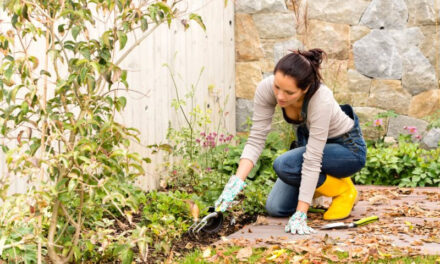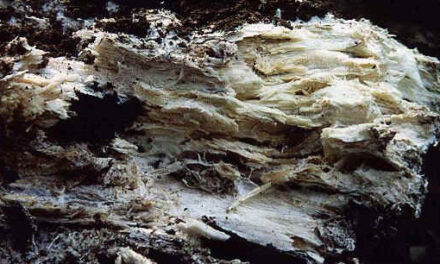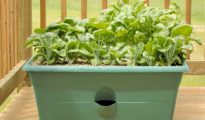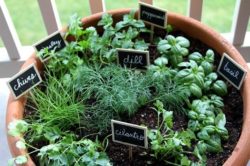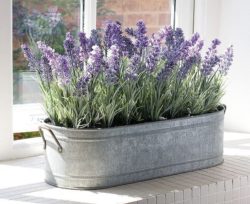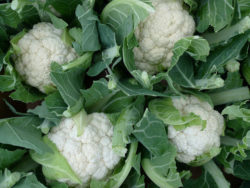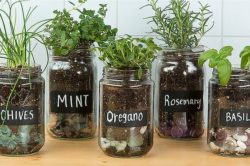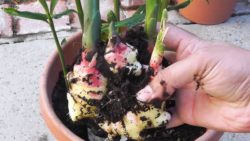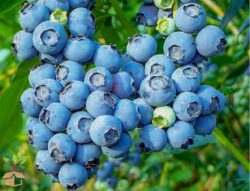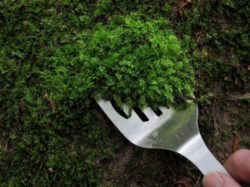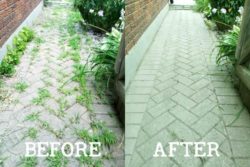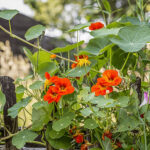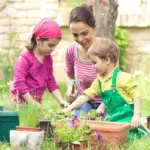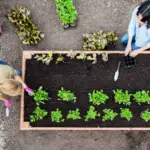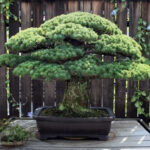Gardening can be an incredibly rewarding experience, allowing us to connect with nature and enjoy the fruits of our labor. However, it's not uncommon to encounter various pests that can wreak havoc on our beloved plants. One such pest is the flea beetle. These tiny, jumping insects can quickly turn a thriving garden into a feeding ground for their voracious appetites. In this comprehensive guide, we will explore effective methods to get rid of flea beetles in your garden, ensuring the health and vitality of your plants.
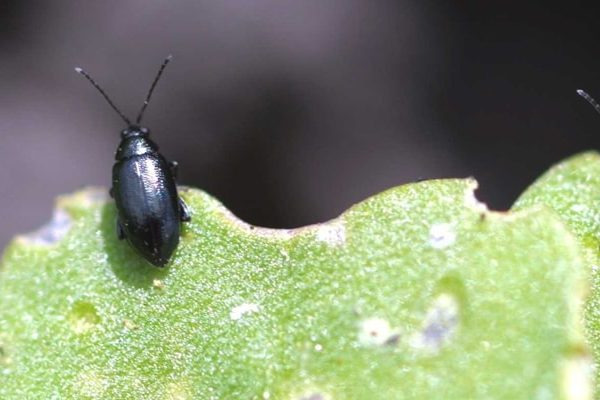
Identify the Flea Beetle
Before embarking on your battle against flea beetles, it's essential to correctly identify them. Flea beetles are small, shiny, and usually black or brown in color. They derive their name from their ability to jump like fleas when disturbed. Keep an eye out for tiny holes in plant leaves, as flea beetles tend to leave behind a telltale sign of their presence.
Practice Prevention
The best approach to pest control is prevention. By adopting proactive measures, you can reduce the chances of flea beetles infesting your garden in the first place. Here are a few preventative measures to consider: a. Crop rotation: Rotate your crops each season to disrupt the lifecycle of flea beetles and reduce the likelihood of infestations. b. Physical barriers: Use floating row covers or lightweight insect netting to create a physical barrier between your plants and the flea beetles. c. Clean garden beds: Remove plant debris and weeds regularly to eliminate potential hiding spots for flea beetles. d. Healthy plants: Maintain the overall health of your plants through proper watering, fertilization, and soil management, as healthy plants are more resistant to pests.
Natural Remedies
When it comes to controlling flea beetles organically, several natural remedies can help you keep their populations in check. Here are a few effective options: a. Neem oil: Neem oil is a natural pesticide derived from the neem tree. Dilute it according to the instructions and spray it on affected plants to repel flea beetles. b. Garlic spray: Blend garlic cloves with water and strain the mixture. Spray the resulting liquid on your plants, as the strong odor acts as a deterrent for flea beetles. c. Diatomaceous earth: Sprinkle food-grade diatomaceous earth around the base of plants. This powdery substance pierces the exoskeleton of flea beetles, causing them to dehydrate and perish. d. Companion planting: Introduce plants such as radishes, marigolds, and tansy near susceptible plants. These act as natural repellents and deter flea beetles.
Organic Insecticides
While natural remedies are generally preferred, there may be instances where more potent methods are necessary. Organic insecticides can provide effective control while minimizing harm to beneficial insects and the environment. Some options to consider include: a. Spinosad: Derived from a soil bacterium, spinosad is effective against flea beetles. Apply it according to the instructions provided, and avoid using it during flowering to protect pollinators. b. Pyrethrin: Pyrethrin-based insecticides are derived from chrysanthemum flowers and can provide quick knockdown of flea beetles. Use with caution, as it can also harm beneficial insects.
Timing and Persistence
Timing is crucial when combating flea beetles. Start monitoring your garden early in the season, as flea beetles become active during warmer periods. Act promptly at the first sign of infestation, as early intervention is more likely to yield positive results. Additionally, persistence is key. Continue your chosen method of control consistently to break the flea beetles' lifecycle and prevent re-infestation.
Dealing with flea beetles in your garden can be frustrating, but with the right approach, you can effectively manage their populations and protect your plants. By practicing prevention, utilizing natural remedies, considering organic insecticides when necessary, and being vigilant in your efforts, you'll be well on your way to a flourishing garden free from the grasp of these pesky pests. Remember, gardening is a journey, and every challenge presents an opportunity to learn and grow as a gardener.

